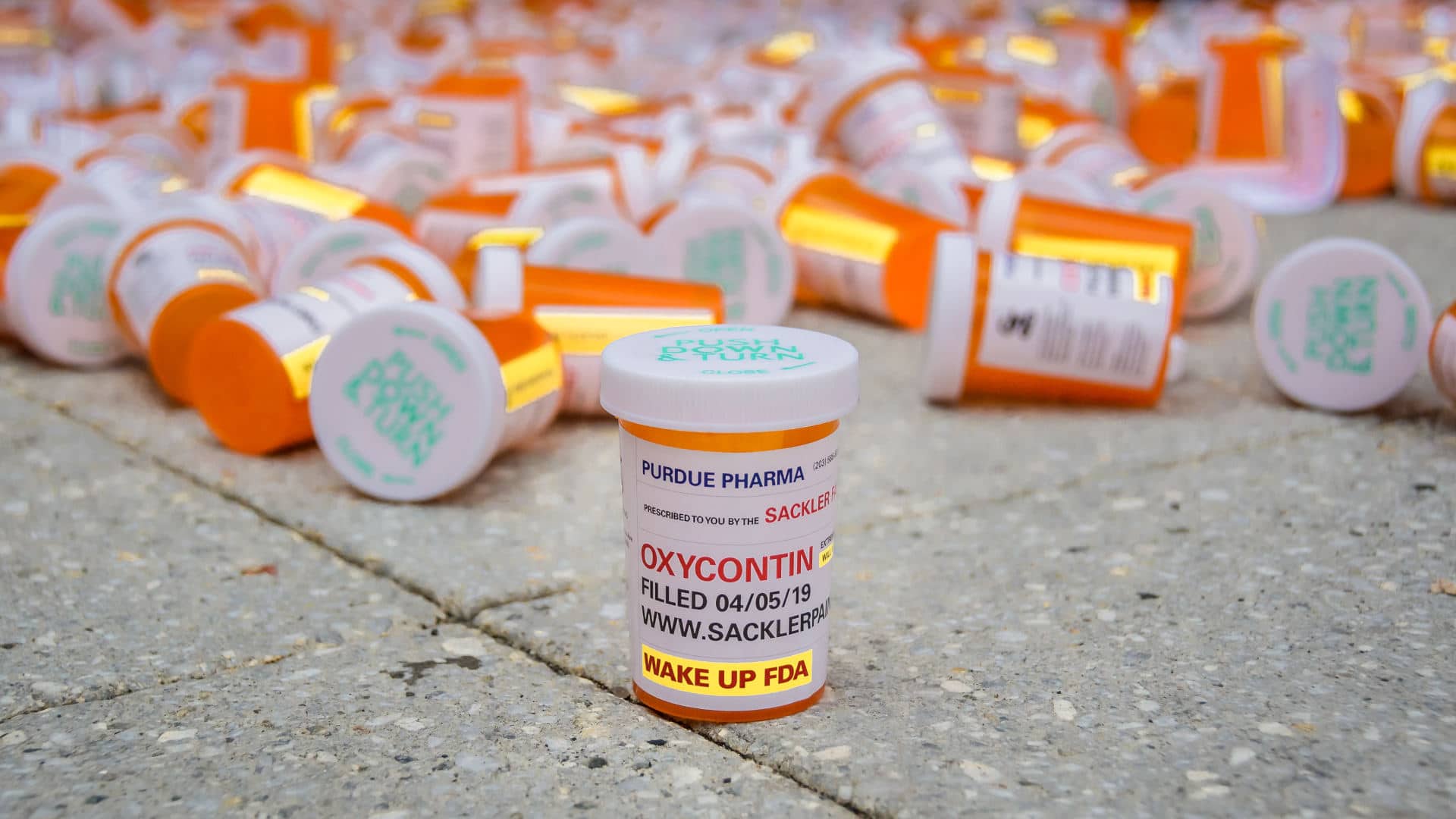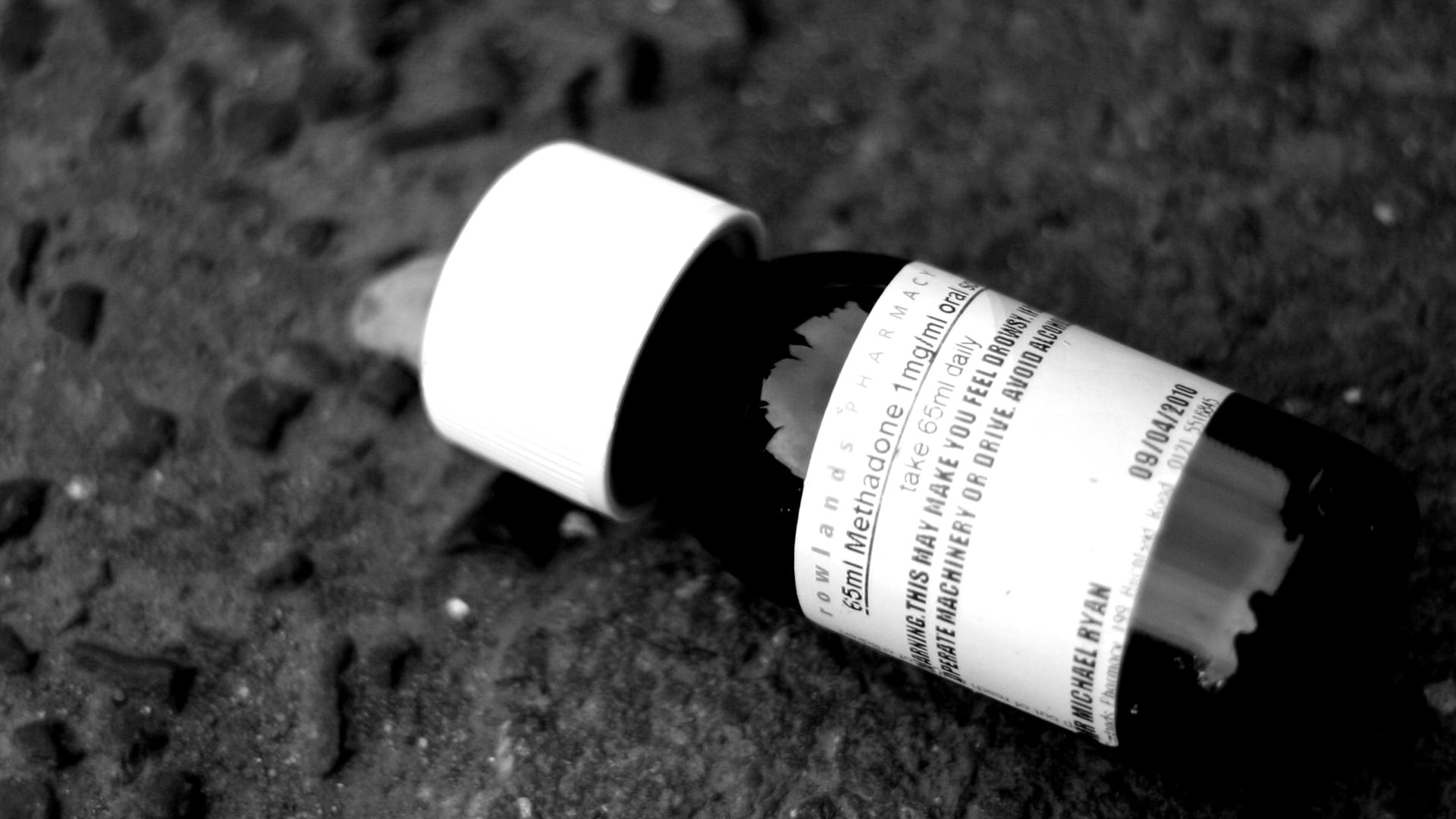Years ago, after I had two wisdom teeth extracted, my oral surgeon wrote a prescription for OxyContin. The pills fulfilled their objective, but when they were gone, I still had a giant, gaping hole in my mouth. It was hardly surprising. By then, just a few years into a long struggle with addiction, I was well aware of the reason opioids are called pain killers, not wound healers.
The same might be said of the plea deal that OxyContin maker Purdue Pharma recently struck with the U.S. Justice Department over the company’s role in the opioid epidemic: The guilty plea is a welcome distraction, but it has about as much healing potency as a pain pill.
In exchange for pleading guilty to violating federal anti-kickback laws and defrauding federal health agencies, Purdue Pharma has been ordered to pay an $8 billion penance. The total might as well be $800 gazillion; loopholes make it unlikely that the sum will ever be fully paid. Members of the Sackler family have agreed to pay $225 million in civil penalties and have proposed a separate settlement to resolve thousands of local lawsuits. None of the parties will go to prison.
The punishments reek of a particular type of hypocrisy that flourishes in the toxic stolons of a drug policy steeped in racist double standards: It underscores the vast disparity between the way our supposedly blind justice system treats white-collar kingpins and the way it treats people like Derek Harris, an African American Gulf War Veteran who was given a life sentence for selling a little more than half a gram of weed to an undercover cop in Louisiana. (Harris was recently released after spending nearly a decade in prison.)
As part of the plea deal, Purdue Pharma will be restructured. Deputy U.S. Attorney General Jeffrey Rosen said the company’s assets will be repurposed “entirely for the public’s benefit.” It will put future proceeds toward opioid abatement and provide life-saving overdose medications for free or at-cost. At the press conference where the terms were disclosed, Rosen emphasized the government’s commitment to reign in the abuse and diversion of pharmaceutical opioids. Noticeably absent from the miasmic stew of restrictions, clampdowns, and accountability measures, however, was anything remotely resembling a plan to address the actual problem: a mental and physical health crisis fueled by economic disparities and exacerbated by drug policies that profoundly disregard science and evidence.
Although opioids take hold with a ferocity unlike any other vice or type of substance, they aren’t recreational drugs. Rather, compulsive opioid use arises from the relief they provide from physical or emotional pain. With each dose, the user’s brain is flooded with dopamine. As in any flood, erosion occurs.
Purdue Pharma’s scientists and executives understood the biological mechanics of their product better than any illicit drug kingpin in history. They preyed on the subjective nature of pain and our hard-wired, human instinct to avoid it. And they were behind successful lobbying initiatives to convince the Joint Commission, one of the nation’s leading health care accreditation organizations, to designate pain as medicine’s “fifth” vital sign.
But the U.S. was primed for the opioid crisis long before OxyContin was trademarked. We have long been among the world’s biggest consumers of illicit drugs. We are an instant gratification society, beset by high rates of depression, anxiety, and trauma and saddled with inadequate drug prevention, addiction treatment, and mental health resources. Purdue Pharma’s guilty plea not only won’t change that, it will reinforce our misguided response to this national health emergency — a response that has directed just 5 percent of annual drug control spending toward prevention and just 36 percent toward treatment. The rest is burned on law enforcement and intercepting the drug trade, as well as international operations.
Among many tragic ironies of the Purdue Pharma outcome is that, for the U.S. to overcome the opioid epidemic, regulations on pharmaceutical opioids will need to be loosened, not tightened. Methadone and buprenorphine, the only medications proven to dramatically cut the risk of overdose fatality, are among the most restricted legal substances in the Drug Enforcement Administration’s decidedly unscientific scheduling system. Overregulation of prescription opioid medications have forced many people to choose between suffering in pain or rolling the dice in an illicit market saturated with increasingly potent fentanyl analogues.
A century ago, addiction was widely believed to be an incurable moral failure on the part of the user. Today, we know it is a complex medical condition, with usage and overdose rates often correlating with unemployment and struggling economies. Although villains like Purdue Pharma and members of the Sackler family more than deserve our vitriol and the harshest of medieval punishments for their heinous crimes, such vengeance will merely satisfy our hunger for a pound of flesh, while doing nothing to solve the myriad social issues that underlie our voracious appetite for pain relief.
Even if we were to completely eradicate opioid use, we’d still be left with an epidemic of untreated pain and anguish. When will we address that?
David Poses is a writer, speaker, and activist on evidence-based drug policy and treatment. He is the author of the upcoming memoir, “The Weight of Air.”












Comments are automatically closed one year after article publication. Archived comments are below.
Such important points. You raise aspects of the opioid crisis response which have not yet received enough attention- and are going to become even more heightened by the COVID-19 pandemic. Primary and secondary prevention will need to be strengthened in the next phase of the response – and along with that, the need for multi-factor evidence based approaches. prevention